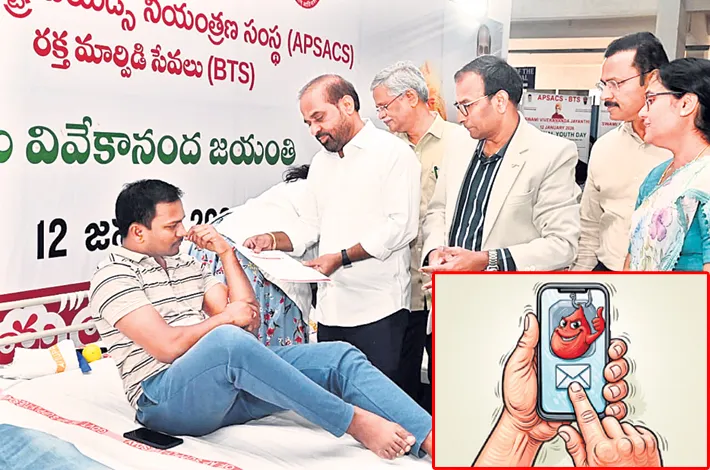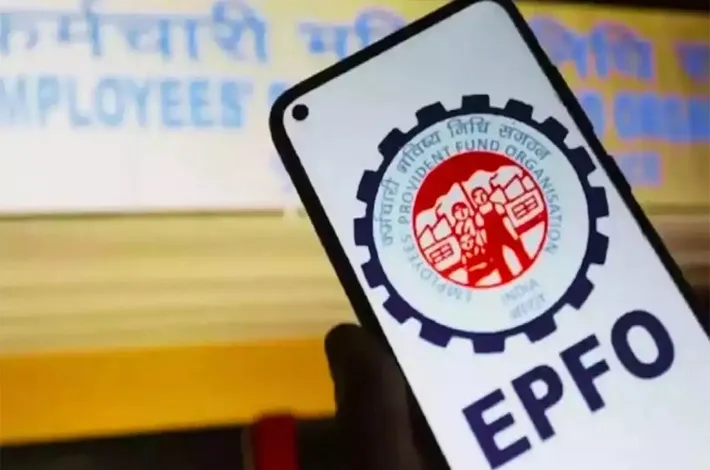The Monsoon Wedding
21-05-2025 12:00:00 AM

Rain dripped from the tarpaulin, and Arjun, holding a steaming glass of chai, noticed Meera struggling to shield her books from the downpour. Her kurta clung to her slender frame, the wet cotton tracing the soft curve of her waist.
In the heart of Delhi, where the chaos of Connaught Place mingled with the scent of street-side chaat and the distant call of azaan, Arjun Singh, a strapping 25-year-old from a Punjab Sikh family, first saw Meera Rawat. She was 23, a girl from the hills of Uttarakhand, her eyes carrying the quiet depth of Nainital’s lakes.
Arjun, with his broad shoulders and neatly tied turban, had come to Delhi to chase a job in tech. Meera, petite and sharp-witted, was studying literature at Delhi University, her dreams woven with poetry and mountain air.
Their meeting was accidental, under the monsoon-soaked canopy of a roadside tea stall near Kamla Nagar. Rain dripped from the tarpaulin, and Arjun, holding a steaming glass of chai, noticed Meera struggling to shield her books from the downpour. Her kurta clung to her slender frame, the wet cotton tracing the soft curve of her waist.
He offered his umbrella, his voice warm like the Punjab sun. “You’ll ruin those books, ji,” he said, his eyes crinkling with a smile. Meera looked up, her cheeks flushed from the rain, and her lips parted in a shy grin. “Thanks, but I’m used to getting wet in the hills.”
That moment sparked something—a flicker of connection that grew over weeks. They met again at the same stall, then at India Gate, where the evening lights danced in Meera’s kohl-lined eyes. Arjun was captivated by her grace, the way her fingers tucked a loose strand of hair behind her ear, the delicate silver anklets that chimed softly when she walked. Meera, in turn, was drawn to his quiet strength, the way his calloused hands gestured animatedly when he spoke of his village in Punjab, his beard framing a smile that felt like home.
Their romance bloomed in Delhi’s hidden corners. In the narrow lanes of Chandni Chowk, they shared jalebis, the sticky sweetness lingering on their fingers. Arjun would tease her, brushing a crumb from her lip, his touch sending a shiver down her spine. Her laughter, soft and melodic, stirred something deep in him, a warmth that spread from his chest to his fingertips.
They wandered through Lodhi Garden, where the ancient tombs stood silent witness to their growing affection. Under a banyan tree, Meera rested her head on Arjun’s shoulder, her hair grazing his neck, its faint jasmine scent intoxicating him. His arm encircled her, tentative at first, then firm, his thumb tracing slow circles on her arm. Her skin was soft, warm under the cotton of her dupatta, and he felt his pulse quicken.
One evening, at a small rooftop café in Hauz Khas, the city’s chaos faded beneath a sky streaked with orange. Meera wore a green saree, the silk hugging her curves, her bare midriff catching the candlelight. Arjun couldn’t look away, his gaze lingering on the gentle rise and fall of her breath.
“You’re staring, Sardarji,” she teased, her voice low, her eyes glinting with mischief. He leaned closer, his breath warm against her ear. “Can’t help it, Meera. You’re like a poem I can’t stop reading.” Her lips parted, a soft gasp escaping, and for a moment, their world was just the two of them, the air thick with unspoken desire.
But their love wasn’t without hurdles. Arjun’s family, rooted in Sikh tradition, expected him to marry within their community. Meera’s parents, conservative Garhwalis, dreamed of a groom from their hills. At a quiet moment in Qutub Minar’s shadow, Meera’s voice trembled as she spoke of her fears.
“What if they don’t accept us?” she asked, her fingers twisting the edge of her dupatta. Arjun took her hand, his grip firm, his thumb brushing the soft skin of her wrist. “We’ll make them see, Meera. Our love is bigger than their rules.” His voice was steady, but his heart raced, stirred by the warmth of her hand in his.
Their intimacy grew in stolen moments. In a rickshaw ride through Old Delhi, Meera pressed close to him, her thigh brushing his, the contact electric despite the humid air. At a bookshop in Daryaganj, she read him a line from Neruda, her voice husky, her breath tickling his ear. Arjun’s fingers grazed her back as he reached for a book, the touch deliberate, lingering. Her eyes met his, dark and molten, and he felt a pull, a need to close the distance between them. But they held back, savoring the tension, the unspoken promise of more.
One night, during a power cut in Meera’s PG, they sat on her balcony, the city a tapestry of flickering lights below. A single candle burned, casting shadows on her face, highlighting the curve of her cheekbone. Arjun traced it with his fingertip, his touch feather-light, and she leaned into it, her breath hitching.
“Arjun,” she whispered, her voice a caress. He cupped her face, his rough palms gentle against her skin, and kissed her. It was slow, deliberate, their lips exploring, tasting the sweetness of shared chai and unspoken vows. Her hands found his chest, fingers curling into his kurta, pulling him closer. The world fell away, leaving only the heat of their bodies, the soft press of her curves against him.
In the end, it was their courage that defined them. They faced their families, Arjun’s turban high, Meera’s chin lifted with mountain-born resolve. In a small gurdwara in Delhi, under a canopy of marigolds, they wed, blending Sikh and Garhwali traditions. Meera’s red lehenga shimmered, her bangles clinking softly, and Arjun, in his sherwani, couldn’t stop staring, his heart full. Their love, born in Delhi’s chaos, had carved a path through tradition, proving that some bonds are stronger than the cities or mountains that shape them.








